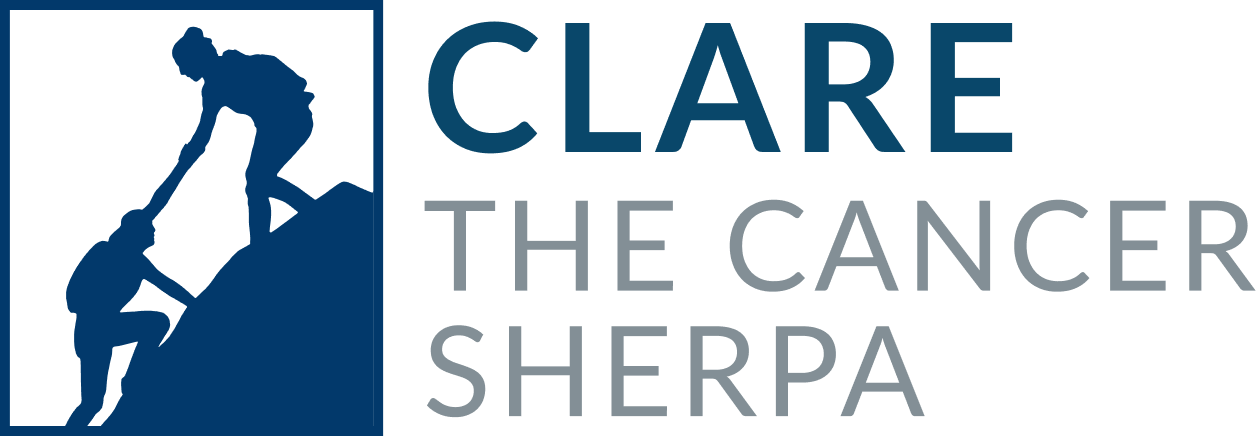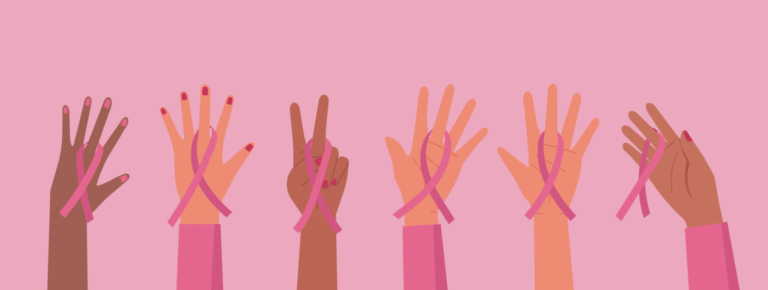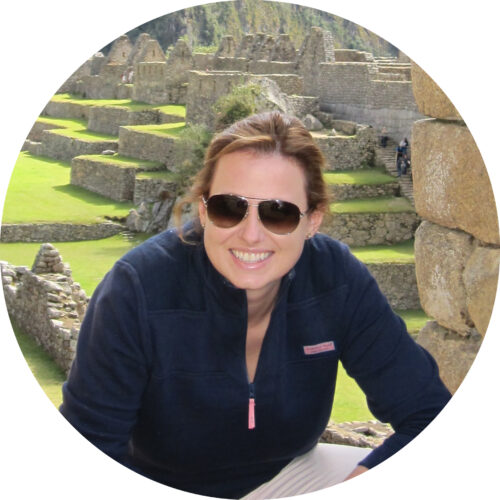According to the American Cancer Society, Breast cancer is the second most common cancer in women in the United States (with the exception of some skin cancers).
Unfortunately, the pandemic derailed many of us from our screening schedules and check-ups. The American College of Radiology reports that, in comparison to pre-pandemic use, “mammogram screenings, diagnostic mammograms, breast biopsies, and cancer diagnosis were down by 63.7%, 42.1%, 52.7% and 51.3% respectively during the peak pandemic period.” Numbers have climbed back up (ACR reports 85.3%, 97.8%, 91.5%, and 92.0% of pre-COVID levels), but there’s still a gap.
In the rush of getting back to our busy lives, “I’ll do it later” has become the catchphrase for too many women (and men, for that matter) from coast to coast. The reality is, despite a 90% survival rate, the ACS says roughly 43,250 US women will die of breast cancer this year.
October is Breast Cancer Awareness Month, and we’re doing our part by reminding all women out there how important these appointments are, plus offering a few key resources so you can stay on top of your wellbeing at home.
Who needs to get checked out?
The median age for diagnosis in women is 62, and half of the women diagnosed are under that age. A small number of women are diagnosed before age 45. Your family history is a crucial component, so make sure to talk to your doctor about breast cancer occurrences in your bloodline.
For those at average risk for breast cancer, The United States Preventive Services Task Force (USPSTF) recommends women ages 50 to 74 years old get a mammogram every two years. USPSTF recommends that women ages 40-49 speak to their doctors about when to start. Early detection is extremely important, and being proactive at an earlier age is better than waiting.
What can I do myself?
We’re glad you asked. While you should always consult your doctor, it’s important for women to know how to perform self-screenings. The National Breast Cancer Foundation shares a helpful guide for conducting a breast self-exam. The below video is also a great resource.
Where can I get more info?
Education is empowerment. Here are a few resources to bookmark:
Susan G. Komen (here)
National Breast Cancer Foundation, Inc. (here)
American Cancer Society (here)
Breastcancer.org (here)
Can you help me?
If you need help setting up appointments, arranging transportation or anything else in the way of you getting to your screening, contact us for complimentary assistance today.


